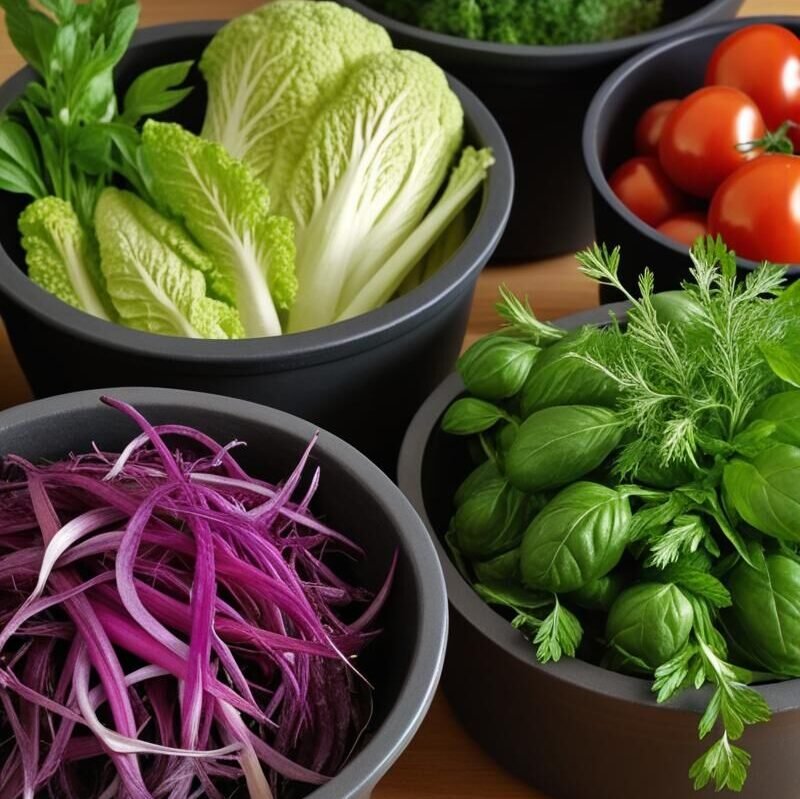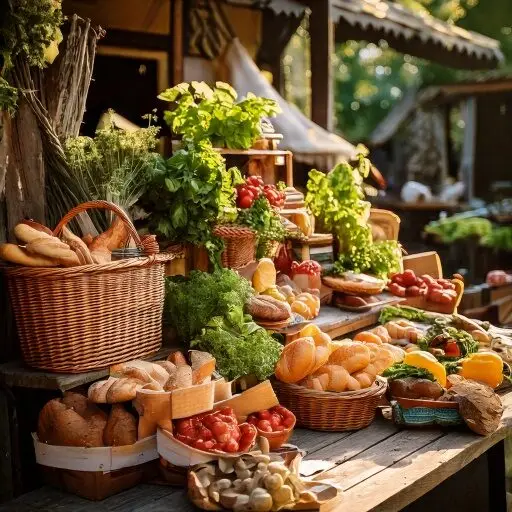If you’ve ever dreamed of turning your homemade baked goods, jams, or pickles into a profitable venture, understanding your state’s cottage food laws is the first step. These laws allow individuals to prepare and sell certain low-risk foods from their home kitchens, often with minimal licensing requirements. However, regulations vary significantly across the United States.nationalaglawcenter.org
What Are Cottage Food Laws?
Cottage food laws are state-specific regulations that permit the production and sale of non-potentially hazardous foods—those unlikely to cause foodborne illness if not refrigerated. These typically include items like:nationalaglawcenter.org, farmtoconsumer.org
Baked goods (e.g., breads, cookies, cakes)
Jams and jellies
Dry mixes
Candies
Granola
Honey
Sources: ctinsider.com, farmtoconsumer.org, afdo.org, nationalaglawcenter.org, pickyourown.org, texascottagefoodlaw.com, forrager.com, dshs.texas.gov, farmtoconsumer.org
The primary goal is to support small-scale food entrepreneurs by reducing barriers to entry, such as the need for commercial kitchen spaces or extensive permitting processes.chron.com
State-by-State Overview
 While all 50 states have some form of cottage food law, the specifics—like allowable foods, sales venues, income limits, and licensing requirements—differ. Here’s a brief overview:
While all 50 states have some form of cottage food law, the specifics—like allowable foods, sales venues, income limits, and licensing requirements—differ. Here’s a brief overview:
States with Permissive Laws
These states have more lenient regulations, allowing a broader range of products and sales venues:chlpi.org, investopedia.com, texascottagefoodlaw.com
California: Allows a wide variety of non-potentially hazardous foods. Requires a permit and food safety training.
Texas: As of September 1, 2025, the Texas Food Freedom Act expands permissible foods and increases the sales cap to $150,000.
Wyoming: Known for its “Food Freedom Act,” it permits the sale of almost all homemade foods directly to consumers without a license.foodiv.com, 4farmtoconsumer.org, afdo.org, chron.com
States with Moderate Restrictions
These states allow cottage food operations but with more limitations:chron.com, texascottagefoodlaw.com
New York: Requires registration and limits sales to certain venues.
Florida: Permits sales of specific foods without a license but has a sales cap.
Illinois: Allows a range of products but requires registration and adherence to labeling requirements.
States with Strict Regulations
Some states have more stringent rules, limiting the scope of cottage food operations:
New Jersey: Only recently adopted cottage food laws and still has restrictive measures in place.
Hawaii: Requires a permit and limits sales to certain venues.
Common Requirements Across States
Despite variations, several commonalities exist:
Labeling: Most states mandate labels that include the producer’s name, address, and a statement indicating the product was made in a home kitchen.
Sales Venues: Direct-to-consumer sales are commonly allowed, such as at farmers’ markets or through home delivery.
Income Limits: Many states impose a cap on annual gross sales, ranging from $5,000 to $150,000.
Prohibited Items: Generally, foods requiring refrigeration, like dairy products, meats, and certain canned goods, are not permitted.investopedia.com, investopedia.com, farmtoconsumer.org, pickyourown.org
Resources for Detailed Information
For comprehensive, up-to-date information on your state’s cottage food laws, consult the following resources:
Forrager: Offers detailed state-by-state breakdowns and comparisons.
Cottage Food Laws: Provides links to regulations and guides for each state.
National Agricultural Law Center: Compiles statutes and regulations for all states.
Pick Your Own: Features an extensive list of state-specific laws and requirements. nationalaglawcenter.org
Final Thoughts
Embarking on a cottage food business can be a rewarding endeavor, allowing you to share your culinary creations with your community. However, it’s crucial to understand and comply with your state’s specific regulations to ensure a successful and legal operation.
Always consult your state’s health or agriculture department for the most current information, as laws and regulations can change.
Note: This article is for informational purposes only and does not constitute legal advice.















0 Comments